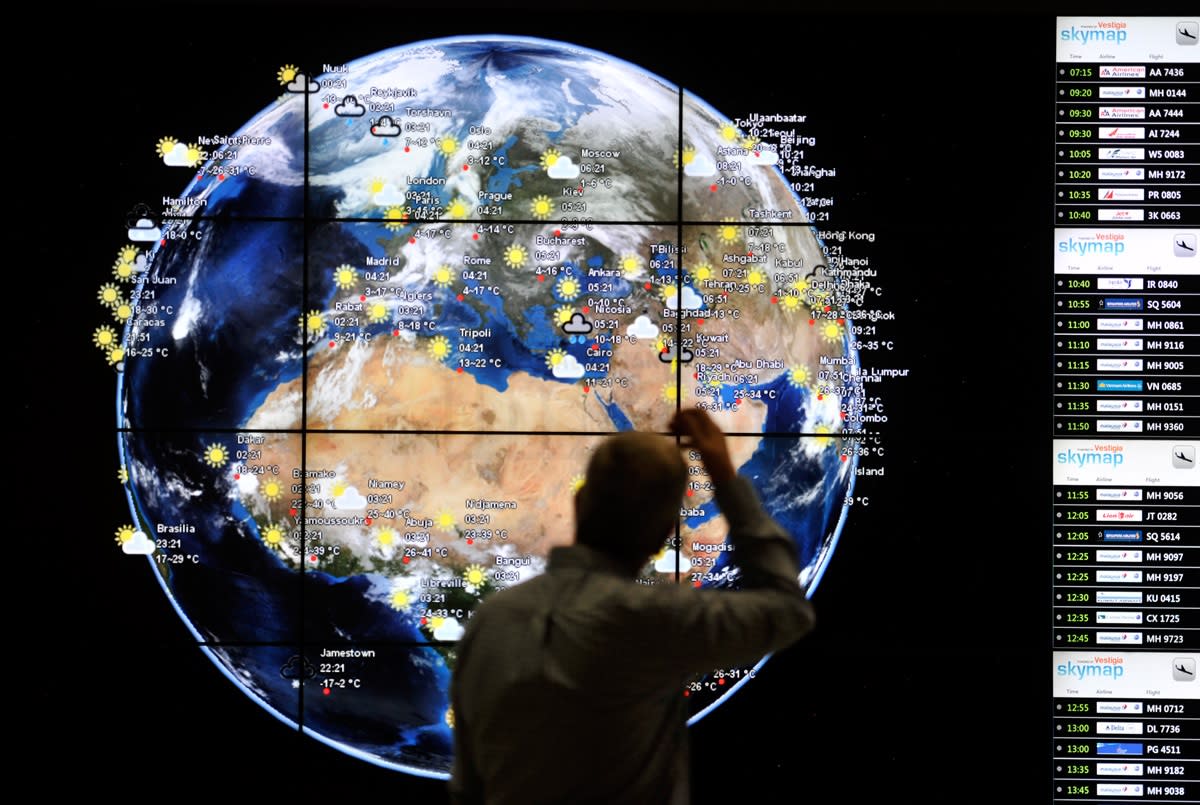MH370 saga may herald new ways in global air crash probes, say experts

Air safety experts have questioned whether complex crash investigations such as in the case of the missing Malaysia Airlines flight MH370 should be run by an international group of investigators, The Wall Street Journal (WSJ) reported.
The report said this was in light of the many changes in direction and missteps in the investigation of the missing jetliner, which had also prompted experts to question the shortcomings of a global investigation system for which the rules have remained mostly unchanged for many years.
"When something really bad happens, how do we ensure that the best talent and resources are employed, and the right kind of response occurs from the start?
"Protocols that would create a better process are only now coming under discussion,” Kitty Higgins, a former member of the US National Transportation Safety Board, told WSJ.
The WSJ report noted that the search for MH370, which went missing on March 8, had been fraught with conflicting information, including contradictory air traffic control transcripts released by the Malaysian authorities.
Malaysian officials have been widely criticised by US lawmakers and Chinese officials as well as air safety experts, over allegations of withholding information from the public.
Malaysia is also said to have failed to coordinate the work of a sprawling group of corporate and government aviation experts from five other countries.
But Malaysian officials defended themselves by saying that they had tried to be transparent and had given information within the bounds of a criminal inquiry.
WSJ reported that safety experts were looking at reviewing long-established rules and practices drafted by a unit of the United Nations, which includes determining who leads a crash investigation and how to manage help from the international community.
Higgins noted, however, that it would not be easy to redefine national authority.
George Snyder, a former airline pilot and senior safety official, said that aircraft accident investigations will never be the same following the lapses in the current probe.
He added that this would probably signifed a shift from traditional national efforts to pervasive international leadership.
Under the UN's International Civil Aviation Organisation (ICAO), the country where an accident occurs usually has primacy while the country where the airline is based commonly takes over if the plane goes down or disappears in international waters.
The report noted that Malaysia had retained authority because the flight is believed to have ended in the Indian Ocean, outside the control of Australia.
National authorities would then typically ask for outside help, with teams led by foreign investigators and regulators who certified the plane as airworthy.
In the case of the missing MH370, the Malaysian government waited about a month to announce typical procedural and organisational moves to enhance the overall investigation.
This included the setting up of three separate groups of technical advisers according to ICAO rules, said WSJ.
Higgins and other experts said that in countries with robust aviation industries such as the US, UK and Singapore, these groups would have been set up immediately upon the commencement of a major crash probe.
Malaysian officials did not respond to questions on the long delay to set up the working groups, WSJ reported.
Despite Malaysia's claim of successfully organising a multinational search involving about 26 countries, it has been Australia which has been leading the search and seen as the public face of the investigation, the report said.
WSJ also reported that Malaysian officials also did not see it as one of their top priorities to ensure close coordination among international teams fine-tuning data to plot search areas.
The WSJ report, however, quoted a former NTSB official as noting Malaysia's strong supervision.
"Without a strong Malaysian hand supervising and merging all those different parts of the investigation, there can’t be a coherent picture of where this is headed."
Precedents have been set for giving control to an international body, when in 1983, a Korean Air Lines jet with 269 onboard was shot down by a Soviet jetliner, followed by an investigation by ICAO-appointed teams.
The aviation body also took charge of a probe into the 1988 US shooting down of an Iran Air jetliner with 290 onboard in 1988.
As such, air safety officials agreed that a similar process might be the most suitable to lead an investigation, especial in controversial crashes, in the future. – April 10, 2014.


